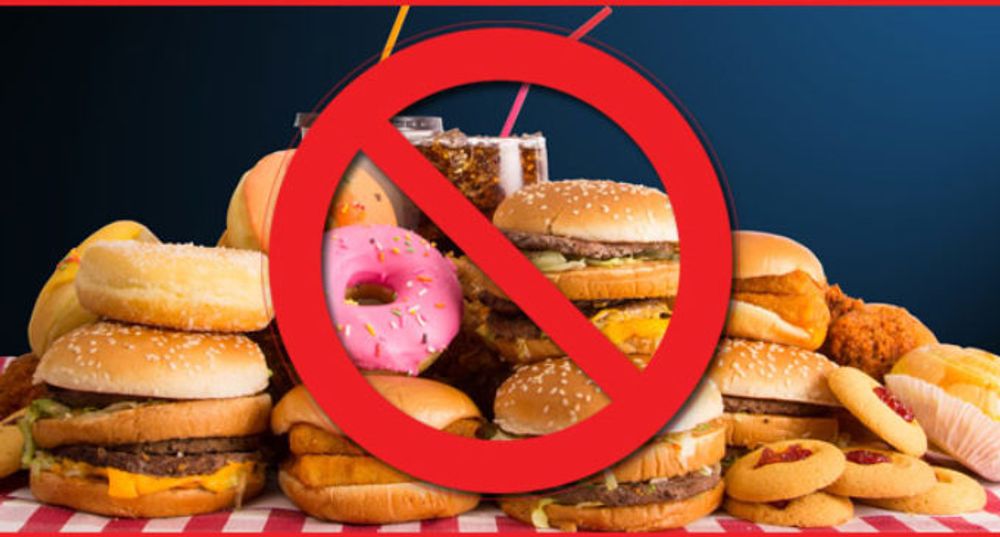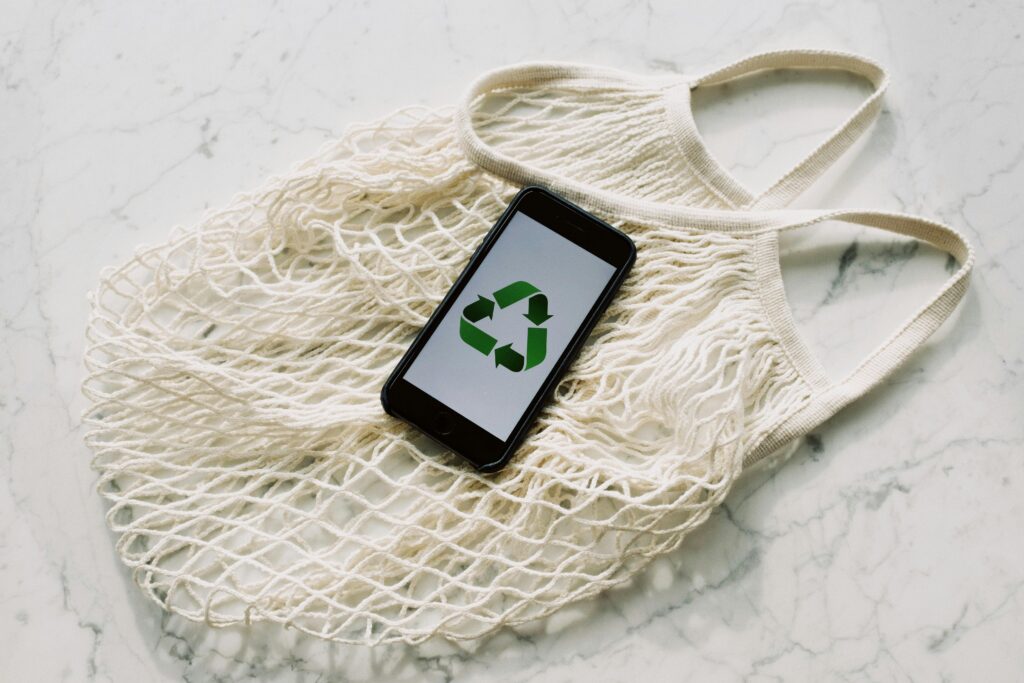The advertising sector is lobbying the government to reconsider its decision to restrict HFSS (high fat, sugar, and salt) products like junk food advertising online and on television before 9 p.m., a move that is projected to lose broadcasters more than £200 million a year in income.
The online ad ban, which will take effect in late 2023, would affect all paid-for forms of digital marketing, including Facebook advertisements, Google paid search, and Instagram sponsored content. The limitations, when combined with the pre-watershed prohibition on TV ads, are expected to have a significant impact on the more than £600 million spent yearly by brands on food advertising.
Current advertising restrictions, according to the government, do not go far enough to safeguard children from seeing a “substantial quantity of harmful food advertisements on television” and do not take into consideration the growing amount of time young people spend online.
“These measures are another important aspect of our effort to get the nation fitter and healthier by allowing people to make more educated food choices,” says Jo Churchill, Minister of Public Health.
“It is critical that we move quickly to address health disparities. This advertising move will assist to reduce the national calorie count by billions and offer our children a better chance at living a healthy lifestyle.”
According to the new rules, HFSS commercials can only be broadcast on television from 9 p.m. to 5.30 a.m. starting in 2023. According to the government, 79 percent of people who took part in the public consultation felt that a 9 p.m. watershed was a good idea, and 74% agreed that more HFSS advertising restrictions should be implemented online.
However, the ban would not apply to audio advertising, such as that found on podcasts and radio, and there will be no new limitations on outdoor advertisements.
Brand-only advertising on the internet and on television appears to be on the rise, implying that a fast-food chain like McDonald’s can continue to advertise as long as no HFSS goods appear. Brands will be able to promote their items on their own websites, apps, and social media pages.
After the concept of “junk food” was questioned, certain products will be exempt from the ban. As a result, products including honey, jam, olive oil, avocados, and Marmite, which would have been included under prior suggestions, will be exempt from the ban. Products like zero-sugar drinks and McDonald’s nuggets are also expected to be exempt because they are not nutritionally classified as HFSS.
Small businesses with fewer than 250 employees will be permitted to continue to advertise junk food, while food supply chain B2B brands will be able to continue to do so. The government acknowledges that these businesses may be among the hardest damaged by the pandemic because they rely only on online media to communicate with clients.
During the consultation process, the government recommended that the Advertising Standards Authority be given day-to-day responsibility for enforcing the limitations, investigating any violations, and developing advice and training materials (ASA).










